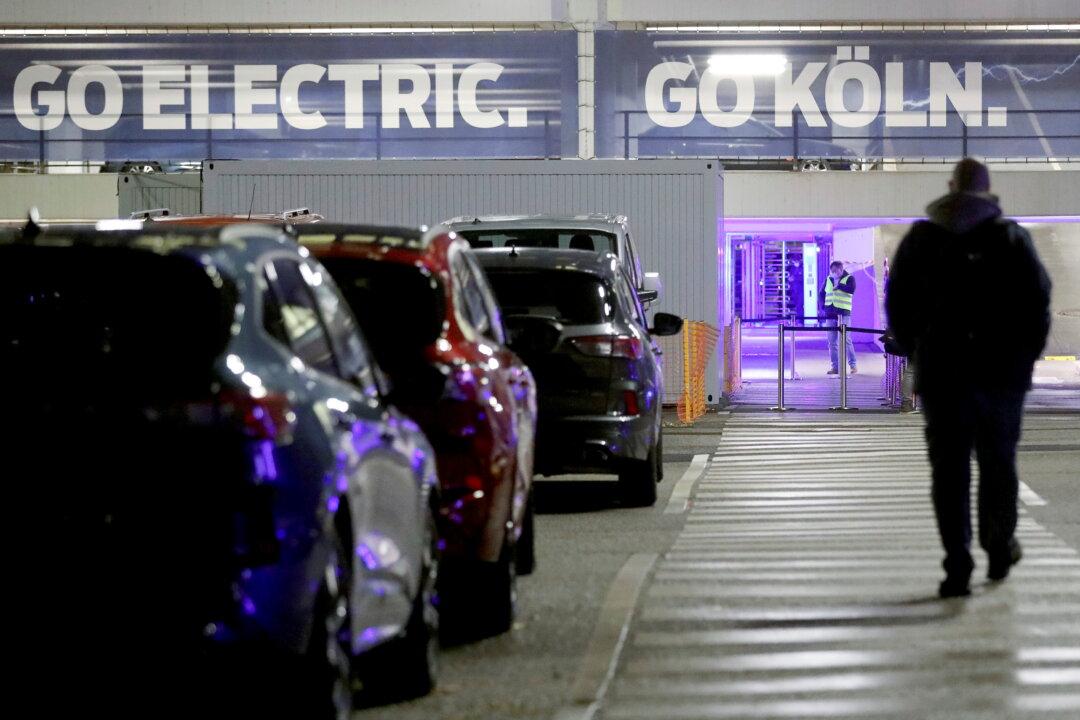A considerable number of U.S. citizens still do not consider electric vehicles a good, practical choice, according to a recent survey by Rasmussen Reports.
“Only 28 percent of American Adults believe electric cars today are practical for most drivers. Fifty-four percent think electric cars aren’t practical, while 18 percent say they’re not sure. Those findings are little changed from March,” Rasmussen said in an Aug. 31 post discussing the latest survey results, noting that people are slightly more skeptical. In the March survey, 32 percent said electric cars are practical, 52 percent found them impractical, and 16 percent were unsure.





